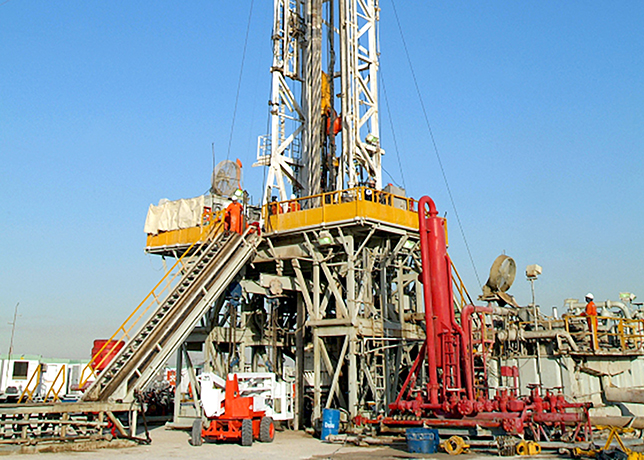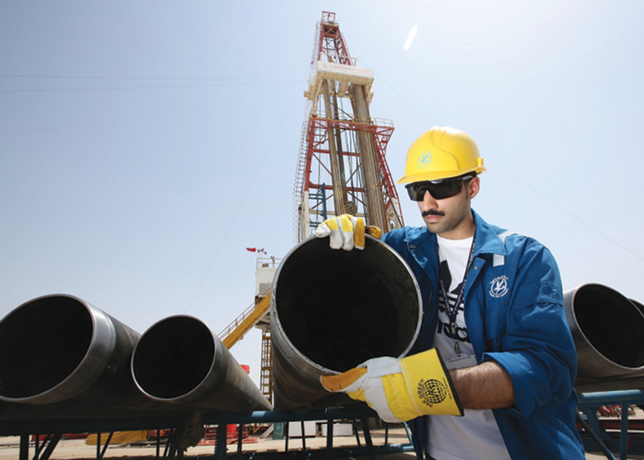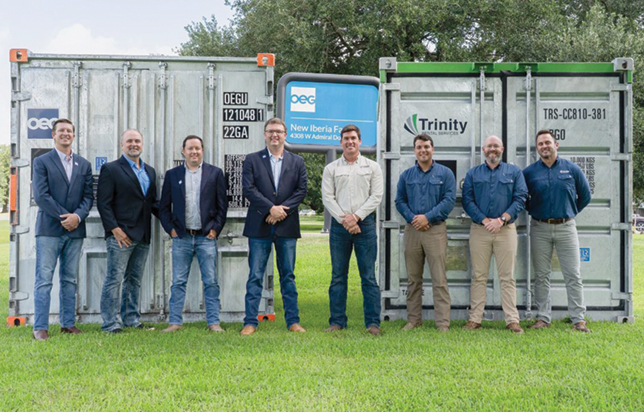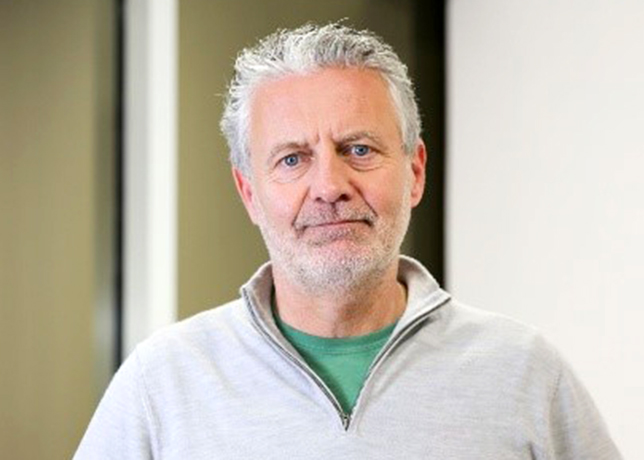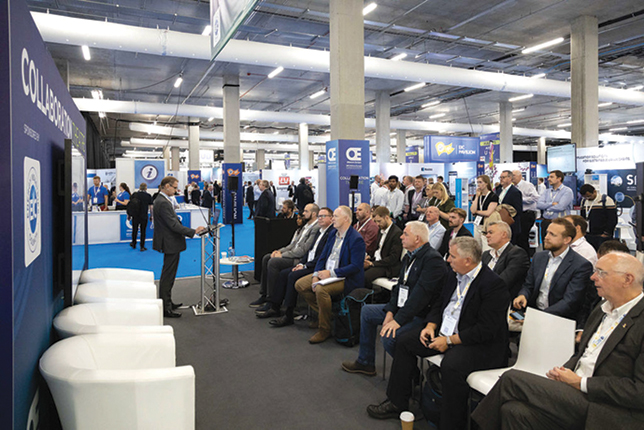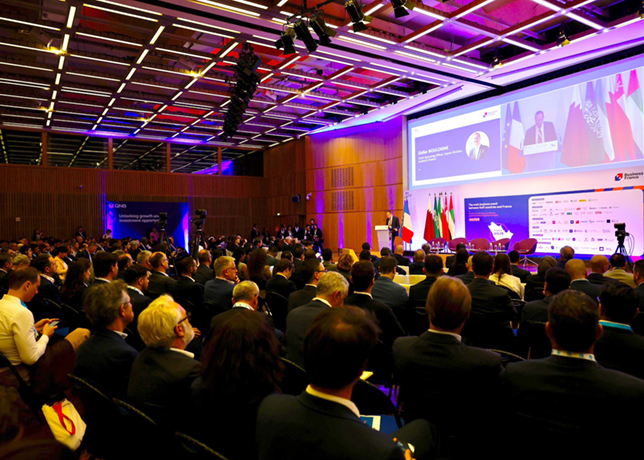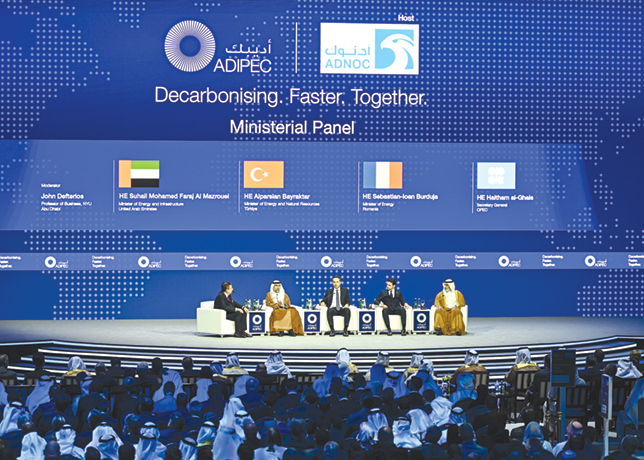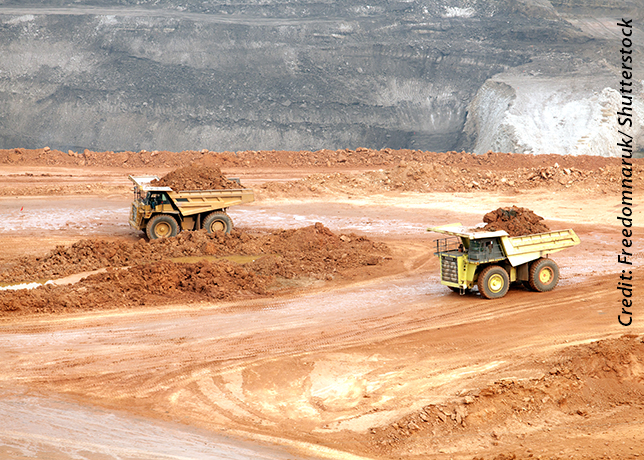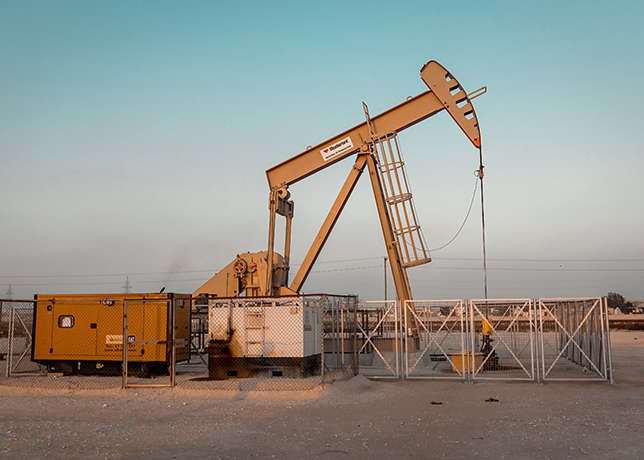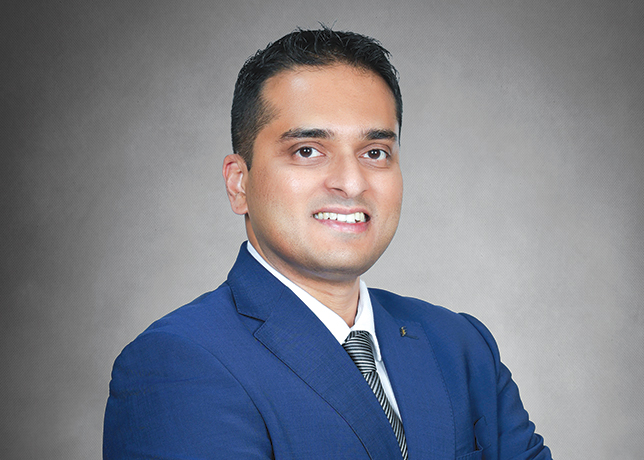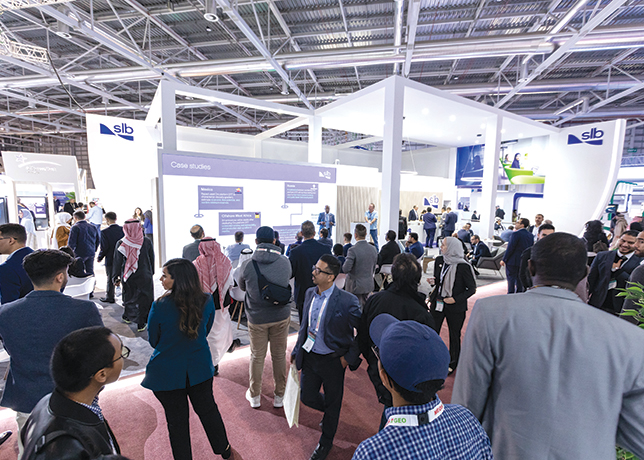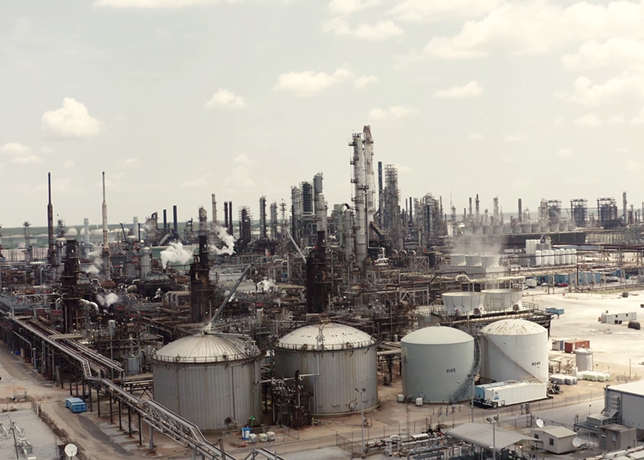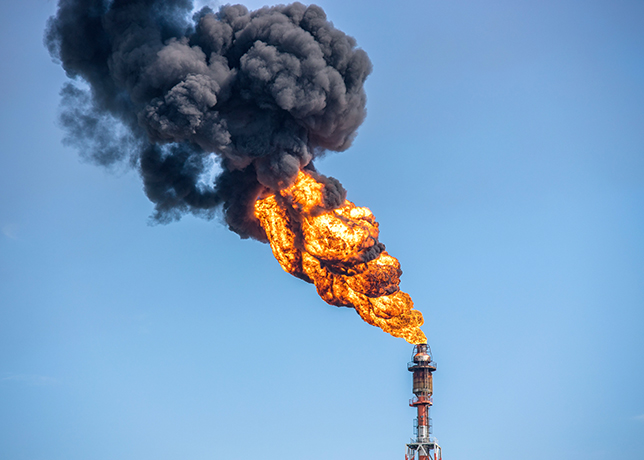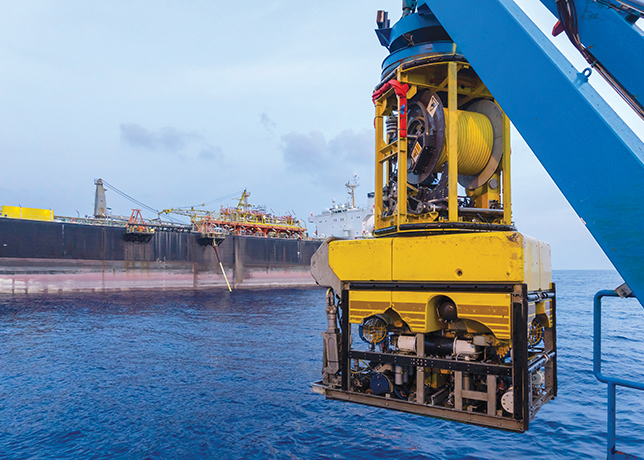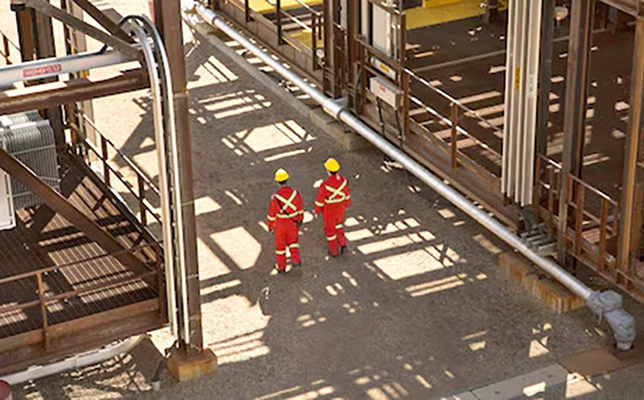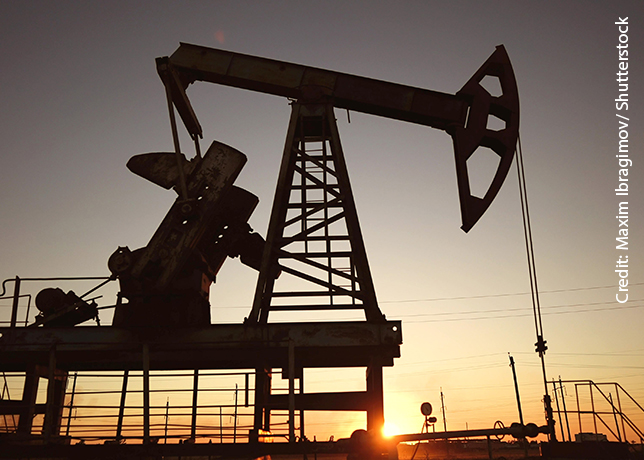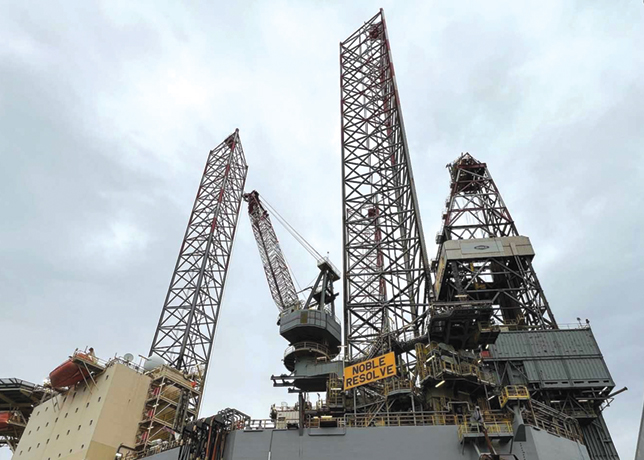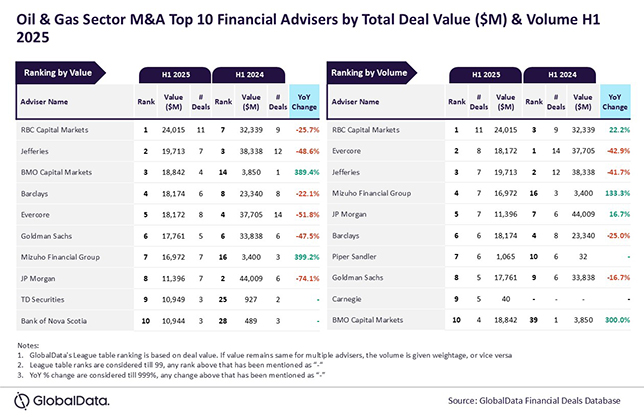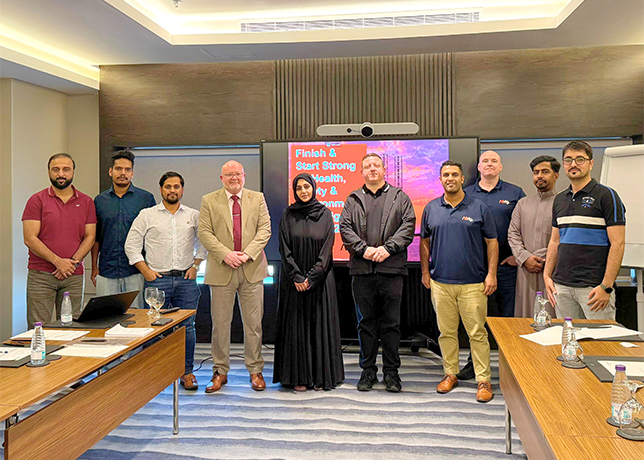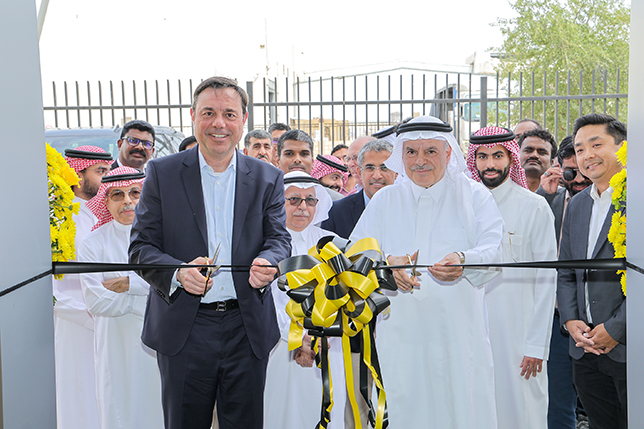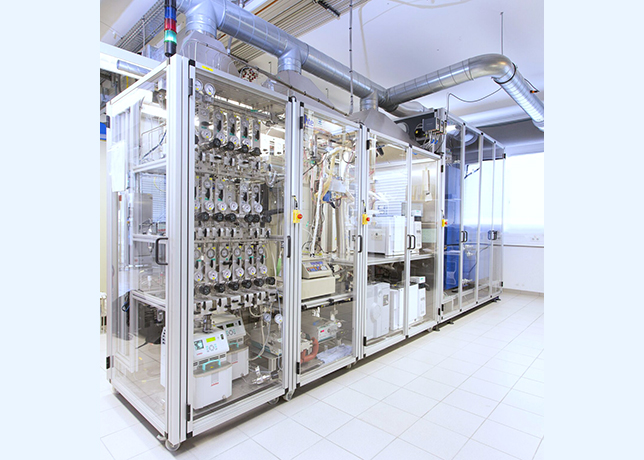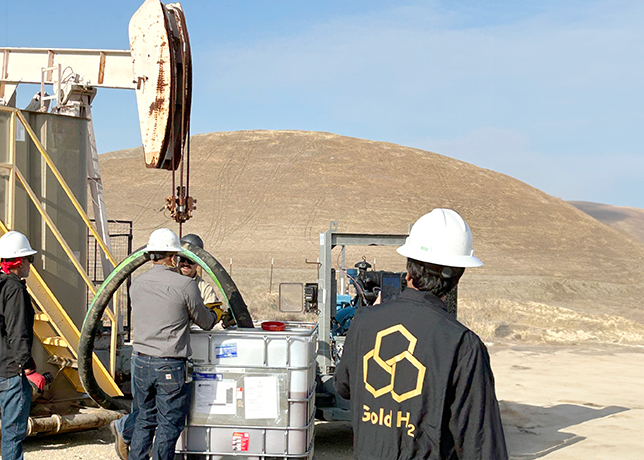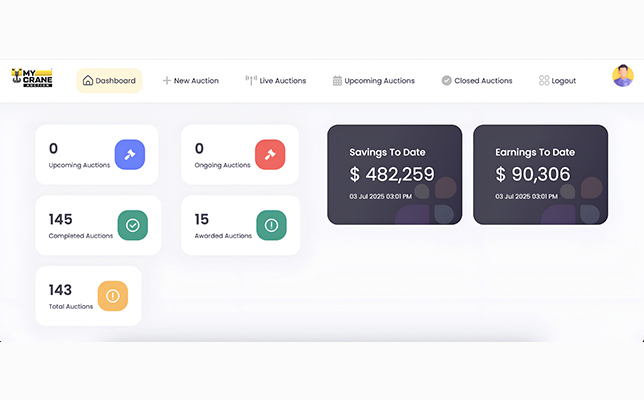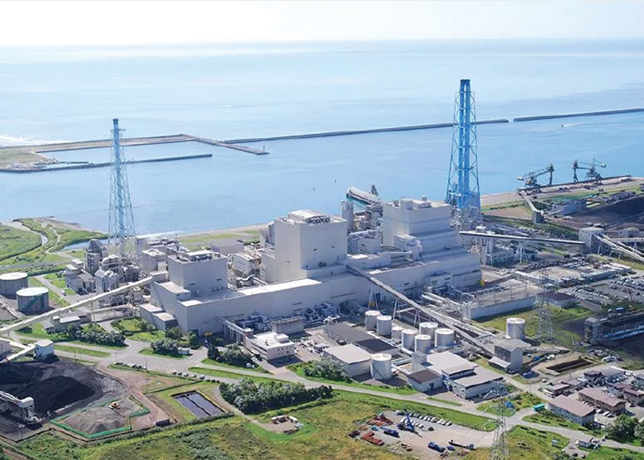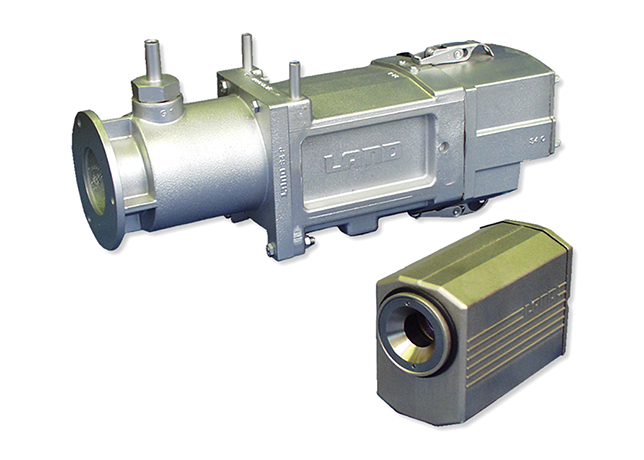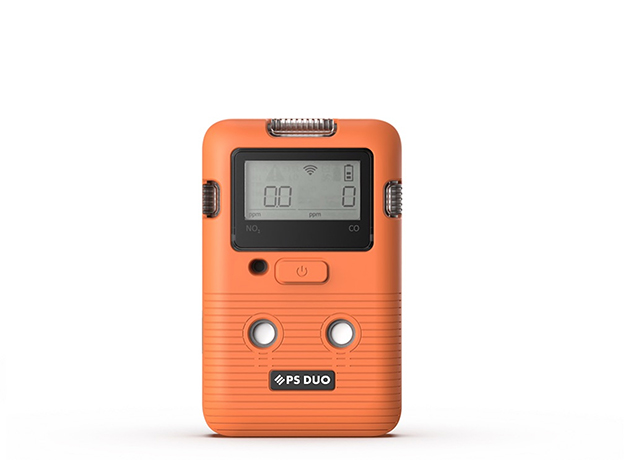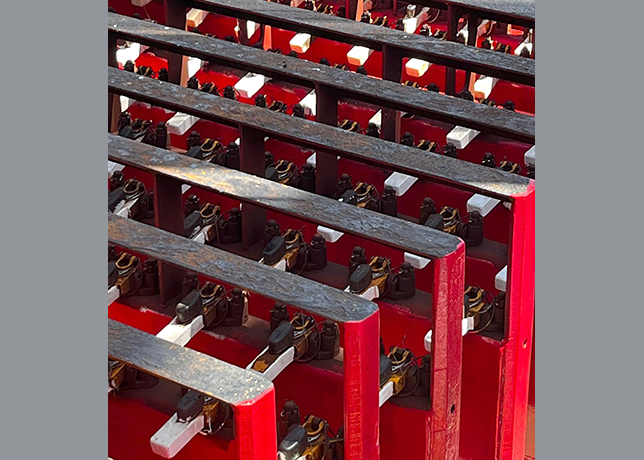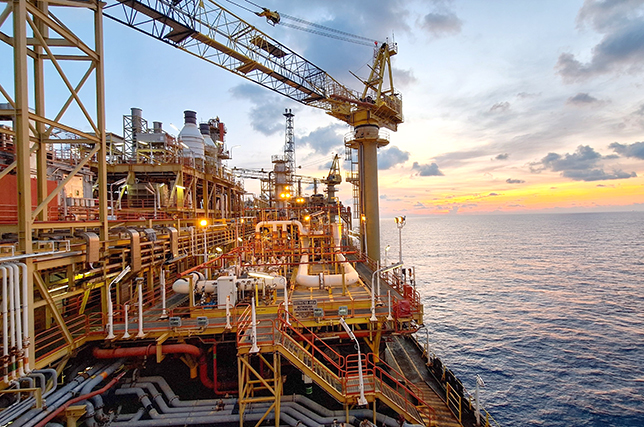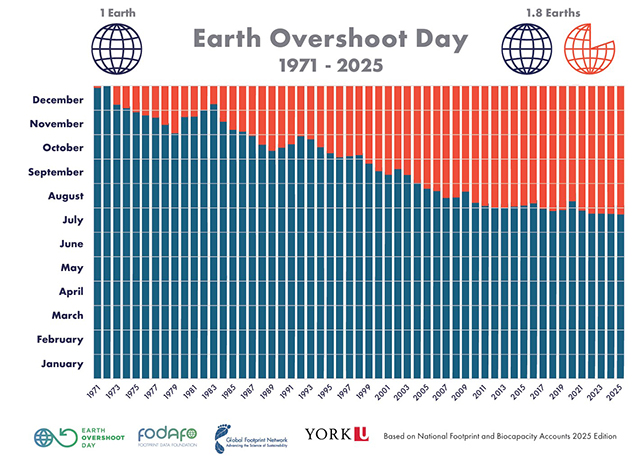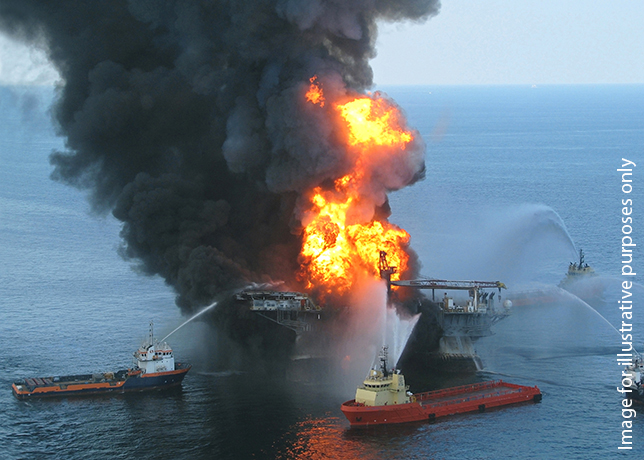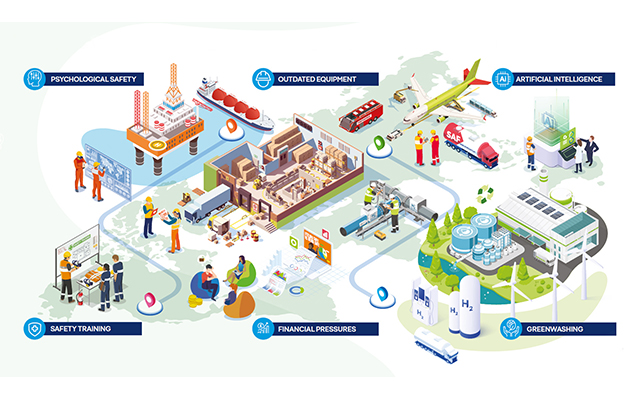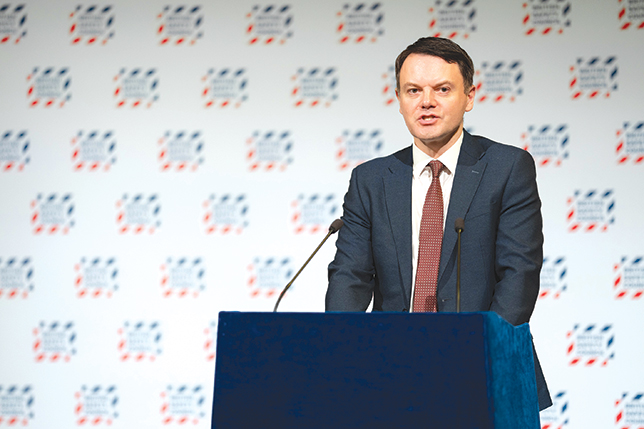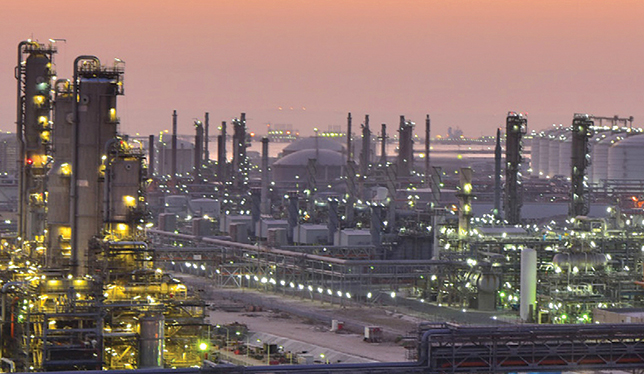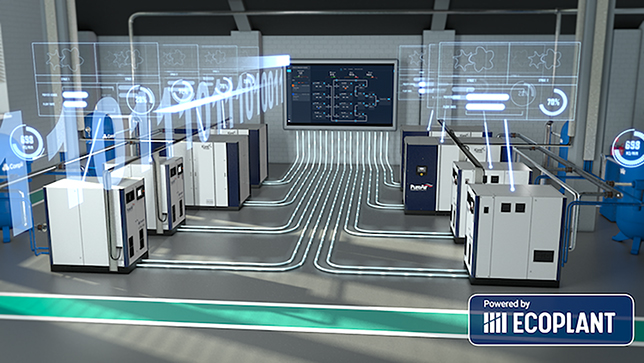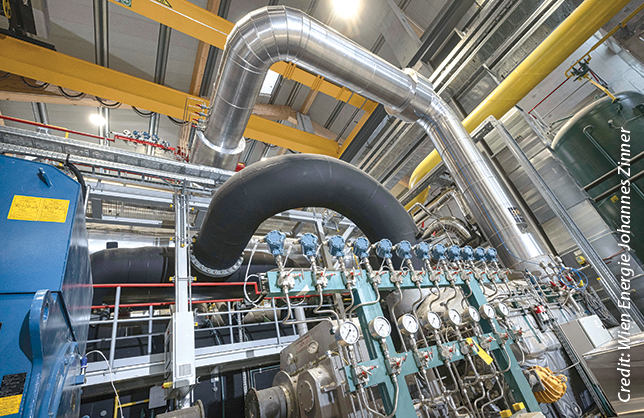
 The new facilities include computerised pump testing
The new facilities include computerised pump testing
Saudi Pump Factory (SPF) has an established reputation for the manufacture and supply of precision pumps for the petroleum, petrochemical and process industrial sectors in Saudi Arabia.
Safety, reliability and quality are paramount for SPF, providing a wide range of innovative ANSI and API 610 pumps manufactured in Riyadh and certified to ISO9002 quality assured standards.
The only in-Kingdom pump manufacturer approved by Saudi Aramco, SPF continues to expand its manufacturing capabilities to meet the demand for leading edge pumps for applications in process industries where maximum wear and life cycle durability are required across the region.
SPF provides its innovative range of pumps to Sabic's world-scale plants, SWCC and the recently commissioned United Lube Oil Company (Unilube) in Jubail.
According to Adel Al Hashim, vice president of SPF, the company is widening its technical cooperation agreement with David Brown Union Pumps, the world leader in the design, engineering and manufacture of heavy duty single and multistage pumps.
''For more than five years, SPF has been manufacturing parts for David Brown API 610 process and vertical pumps at our state-of-the-art facilities in Riyadh's second industrial city,'' he said.
''Our expanding facilities already include two and four-axis CNC machining centres, and computerised pump testing and diagnostics with NPSH.
''The intention is to maximise the local content in the API 610 range with significant investment over the text two years in upgrading the facilities,'' he explained.
''Already our test beds are underpinned by state-of-the-art engineering and machining, quality control, and stringent paint specifications creating a unique manufacturing facility for the benefit of clients in Saudi Arabia and throughout the region,'' added Al Hashim.
Tony Strudwick, director of business development for David Brown Guinard and Union Pumps (now part of the $11.6 billion Textron Group) has been associated with the development of the pump industry in the Middle East for more than 30 years and first visited Abqaiq in 1973.
Strudwick has spearheaded the original technical agreements and the formal licensing of SPF pumps conforming to David Brown's global engineering standards to create authentic in-Kingdom manufacturing facility.
''Our expectation is that within two years, David Brown will have a formal joint venture with SPF in place that will involve significant inwards investment and appropriate technology transfer,'' said Strudwick.
''At the same time, through our existing technical cooperation agreements with SPF, engineering support to our in-Kingdom clients will be enhanced by the ability of SPF to take a pump to its Riyadh facilities, service and maintain it, and be able to provide high-end diagnostic and technical support with all the advantages this brings to the client,'' he added.
''The approach by our clients in Europe and the US in procuring pumps is moving to life cycle costs. Thus, it is not simply the capital cost of a pump but other elements such as energy, maintenance, operating and lost production costs that are brought to the equation. The bottom line is that it is unacceptable to have downtime,'' he continued.
Process and chemical pumps developed for tough applications feature heavy duty power frames, casing designs, maximum wear life to minimise downtime, high shaft and bearing strength, maximum bearing protection and stringent safety aspects.
At the SPF facility, end suction and split case pump casings up to 1.3 tonnes can be manufactured.
Strudwick's life cycle approach involves close cooperation between David Brown and SPF and its clients to reduce capital expenditures.
This involves close consultation on pump selection, reviewing process data to ensure that the optimum pump is selected for the task.
This approach can reduce capital costs while energy costs are addressed through an evaluation of how best to optimise efficiencies.
This can include retrofitting impellers, reducing clearances and improving ring materials.
Maintenance costs can be reduced by conducting mechanical and hydraulic audits to increase MTBM and minimise parts usage and downtime.
Condition monitoring through sensors and data servers linked to the Internet can also reduce life cycle costs.


